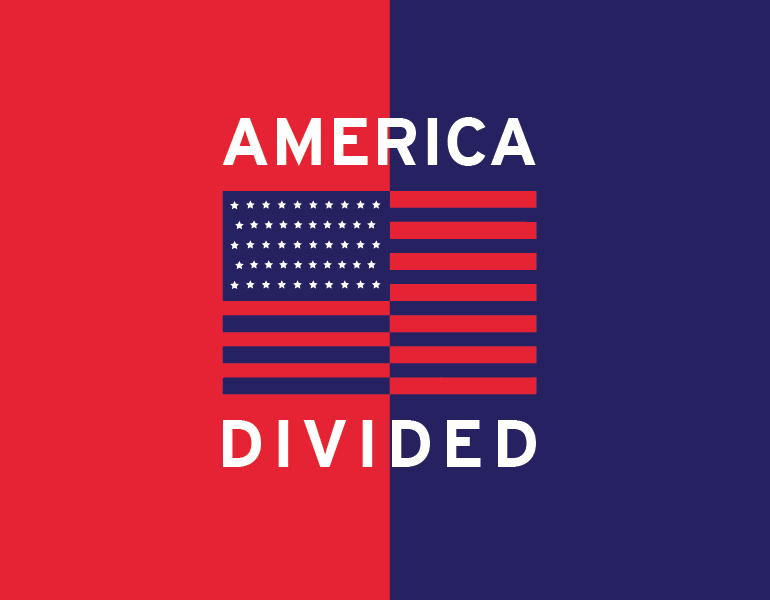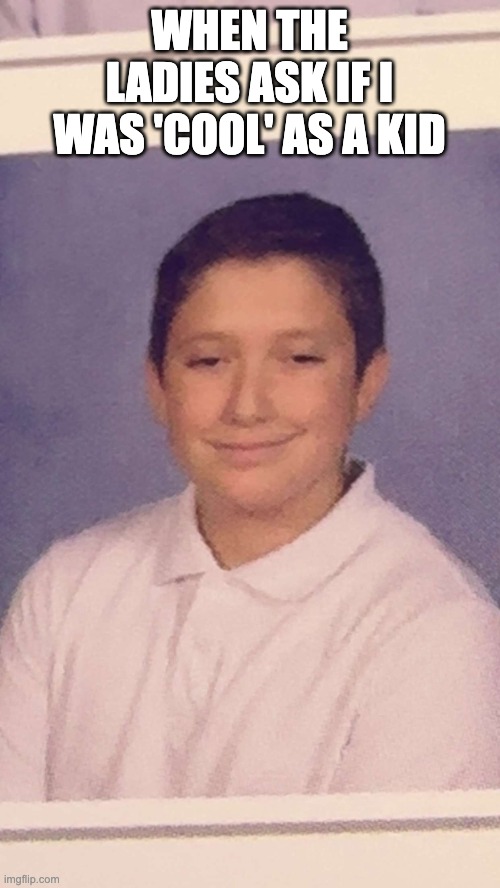The State of Disunion
May 22, 2019
When did we, as a nation, begin obsessively focusing on our politicians, and our politicians alone? When did we start neglecting the needs of the nation, disregarding the struggles of the people, the crumbling of the world around us, shifting our attention solely to the actions and private lives of the little old men on Capitol Hill? Why do we citizens of the United States of America resign ourselves to constant quarrels, trying so desperately to smother any opinion that so much as differs from our own — differences that are borderline molecular?
Just a year ago, I am reluctant to admit, I was very similar to the majority of our nation; I was angry, looking incessantly for some sort of scandal to latch onto, to jump on the bandwagon in the name of peace and prosperity. I was so incredibly irate following the election of President Donald Trump. In fact, I distinctly remember lying awake in bed that dreary November night, watching the electoral votes slowly propel Trump to victory with weary eyes. For months afterward, I developed a near obsession with his every movement and his rather shady past and business practices, I hovered over news sites — CNN, MSNBC, The New York Times, The Washington Post, you name it; if there was an article speaking of whatever mishap happened that day with the President or his cabinet, I’d read it practically instantaneously.
After about two years of consistent obsession, I finally started to open my eyes to the fault of not just my own, but of the nation. I’d scroll through Facebook, seeing political posts from my grandfather that were rather strongly worded. Did I necessarily disagree with him? Not quite, no. However, he’d post almost every day, multiple times a day. This unhealthy fixation became apparent in everyday conversation with him, too. It was almost always political, full of rage. I’d see it with others, too, both liberals and conservatives.
On May 7th, this blemish that reigns over our society became glaringly apparent, even more so than prior. On that day, the New York Times got their hands on some of Trump’s old tax returns. Within the hour, all the other news stations were reporting on it. No matter what channel we’d change it to, someone was reporting it, debating about it, bashing it, analyzing it. On this same day, there was another school shooting, this time in Denver. By nightfall, it was discovered that an 18-year-old had died as a result. Nobody was reporting on this, it was all about the tax returns. It was all about bashing the conservatives, and for conservative stations, it was all about bashing the liberals. Just like every other day, back and forth; derogatory terms for both sides thrown around nonchalantly. Is this what we’ve been reduced to?
Sure, there is absolutely nothing wrong with holding and discussing political views. We’re allowed to hold others in contempt, we’re allowed to protest, we’re allowed to voice our concerns regarding our leaders. However, the moment we let our differences drive us apart to such a degree, the very moment we allow ourselves to be consumed by this ever-growing divide, that is the beginning of our demise, both as a collective union and as a united people.
The unfortunate truth, the brainchild of human nature, is that we will always be divided in some way, shape, or form. The problem doesn’t lie in natural divide but instead lies in either a conscious or subconscious act of persistent, aggressive division. We can see such occurring in our country; all one has to do is tune into the news, even if for a brief moment. The constant bashing of other’s views, the constant magnifying of year-old issues that hardly hold any relevance other than to fuel the fire of a dying political front line; this is what’s tearing us apart. The President — who spends his waking hours targeting and attacking separate people, organizations, ideologies, and even his own government through Twitter — does nothing but fuel this ever-growing divide. It trickles down to the people; they see their favorite candidate, their icons, attacking people, and they inherently follow. Those who oppose said candidate will fight back. Soon, people are so dug into their side’s values and ideals that they are unwilling to budge, unwilling to compromise. That, folks, is dangerous.
The absence of compromise is the telltale sign of an unhealthy divide. We’ve seen it in Congress, especially regarding the border wall; Congress entered a gridlock, going back and forth between each other and the President. There has been no compromise thus far, and there is none in the foreseeable future.
A house divided against itself cannot stand. If we can’t find a way to get past this fad of hatred and hostility, if we can’t find a way to relearn to compromise or, at the least, agree to disagree, we will fall. May it be our government, the togetherness of our people, we will fall at some level. We’ve seen it in the past, and if trends continue, we can expect to see it again very, very soon.









Johanna Kristin Ellerup • May 24, 2019 at 10:55 PM
The common sense ideology put forth in this article is long overdue and very well written.